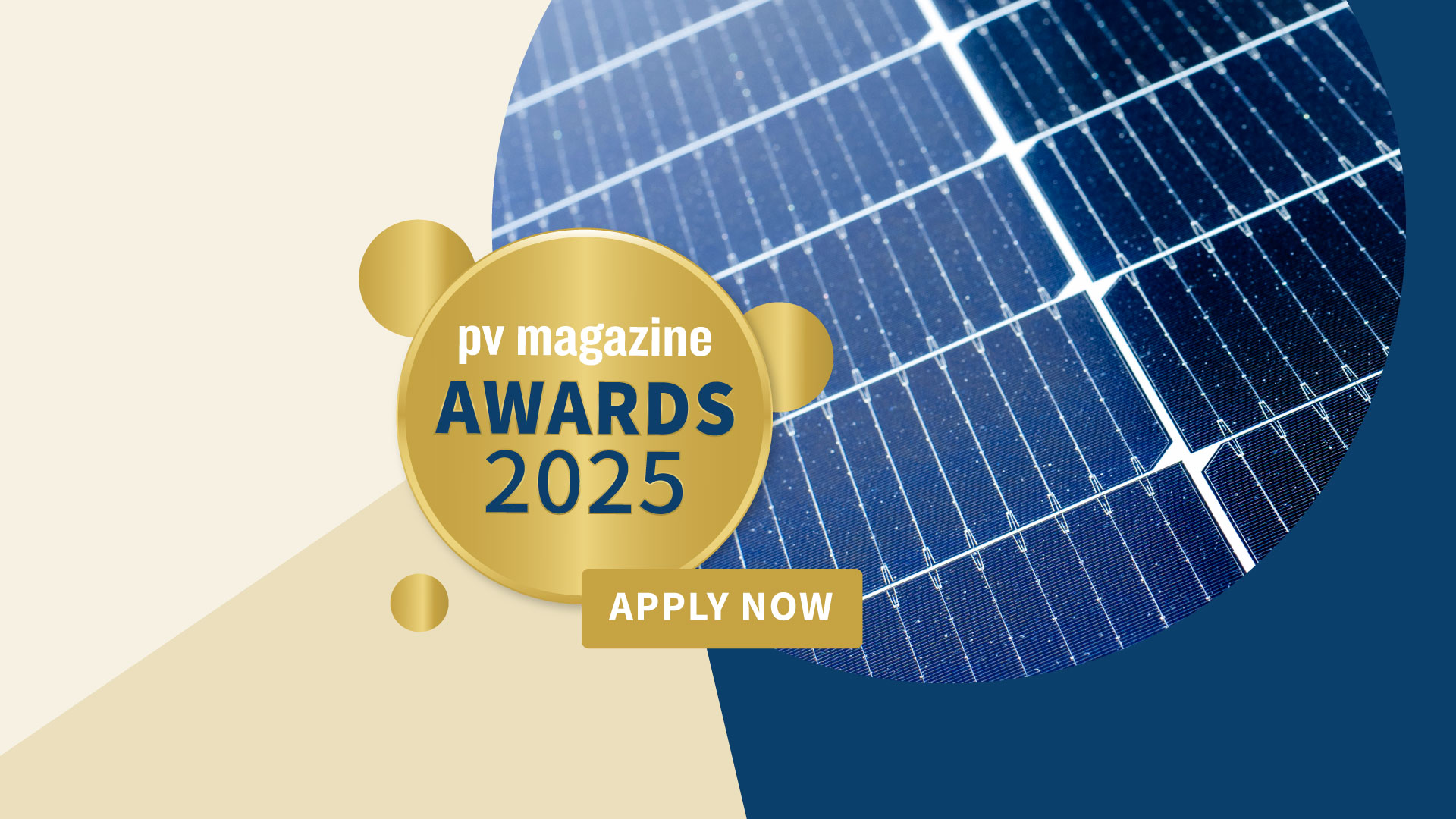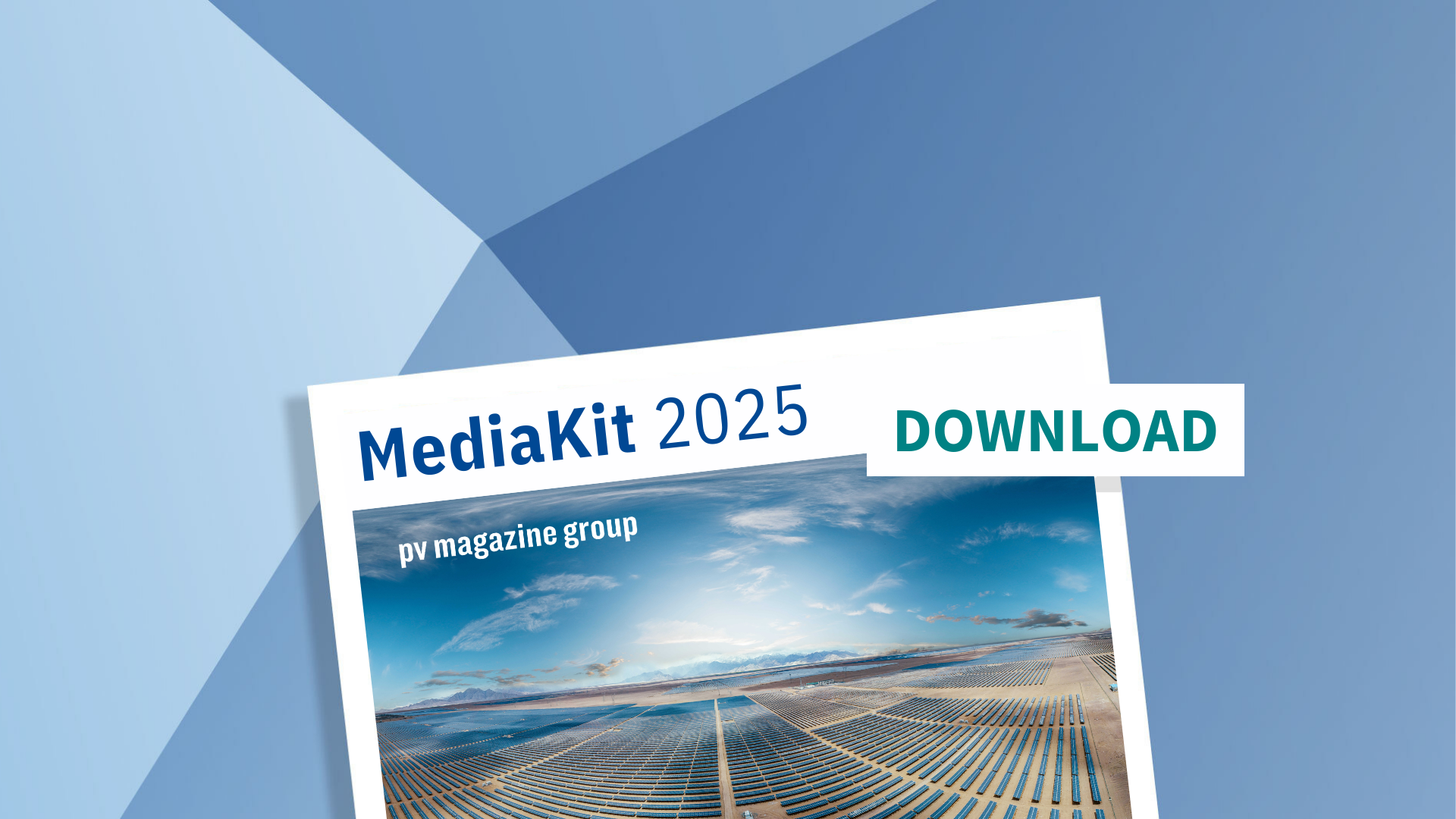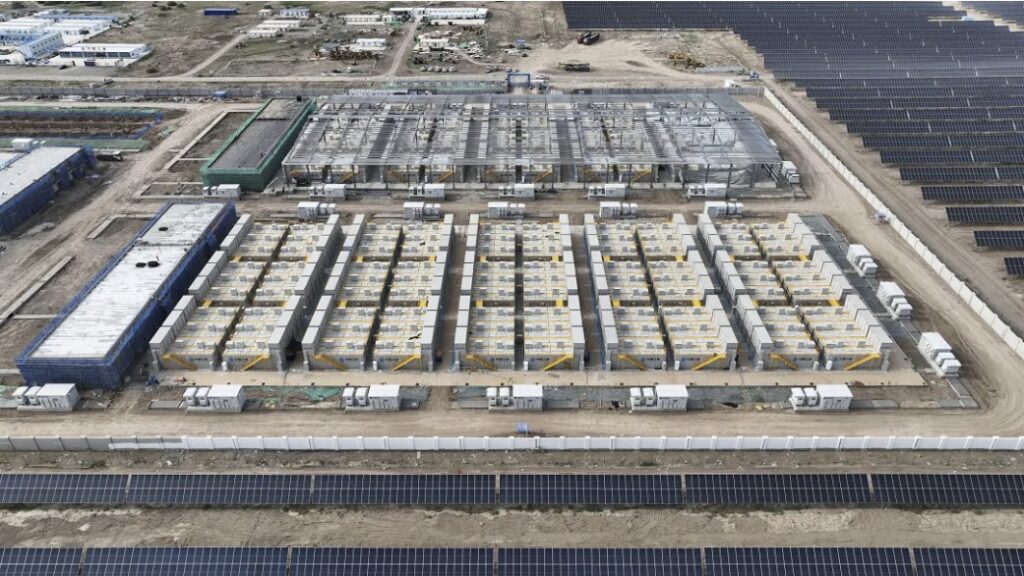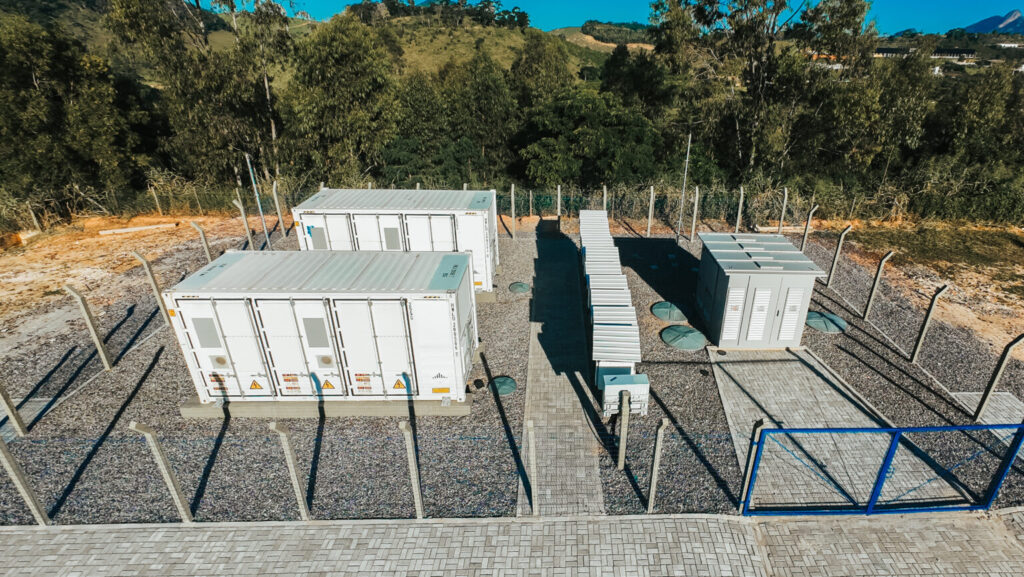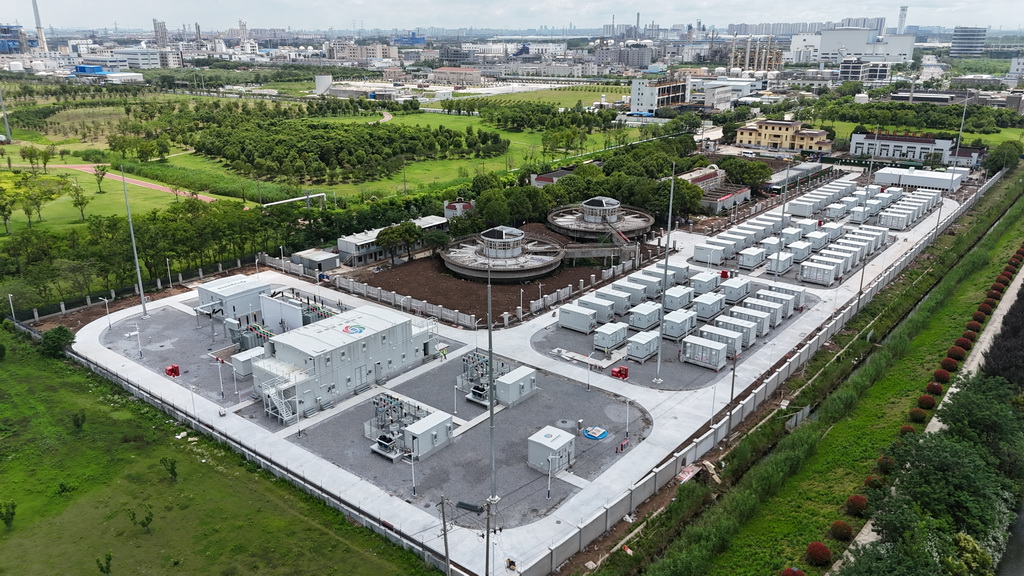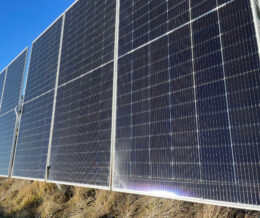Brazil eyes low-carbon lithium ion battery cell manufacturing

The inaugural meeting of a Brazilian industrial project to establish a domestic lithium-ion battery cell manufacturing industry heard the country has a competitive advantage in terms of environmental credentials.
Marcos Berton, head researcher at the Senai Institute of Innovation in Electrochemistry, which is managing the industrial strategy, told attendees the low carbon footprint associated with Brazilian aluminum could be a game-changer for battery production.
With aluminum foil a key component of lithium-ion batteries, Berton said Brazil emits 3.8 tons of CO2 for every ton of aluminum produced. The global average is 11 tons said Berton.
“Today, most batteries are produced in Asia, where much of the energy used emits large amounts of greenhouse gases,” Berton told the first gathering of the Lithium-ion Battery Structuring Project, on August 20. “Brazil, on the other hand, has a competitive advantage from an environmental point of view. Producing the components, inputs, and the battery itself in Brazil results in a very low carbon footprint which is very significant. Brazil can become a protagonist and a global player in the production of products with a low carbon footprint.”
The strategy will be managed by the Paraná branch of the National Service for Industrial Training (Serviço Nacional de Aprendizagem Industrial, or Senai) network of secondary schools set up by Brazil’s Confederation of Industry. The three-year, BRL 68.6 million ($12.5 million) strategy will be directed from the Senai Institute of Innovation in Electrochemistry in Curitiba.
The cash will be provided by Senai Nacional’s Mover program and the Brazilian Company for Industrial Research and Innovation (Embrapii). Partner institutions including the Telecommunications Research and Development Center (CPQD), Lactec, the Packaging Technical Center (Cetem), and the Senai Institute for Innovation in Embedded Systems will support the strategy.
The national lithium-ion strategy will now move to set up the equipment infrastructure needed to begin production and development of cells “as soon as possible,” Berton added.
The initiative is also supported by an industrial alliance which includes 30 companies including Petrobras, Stellantis, Volkswagen, GM, WEG, TUPY, CBA and CNH.
From pv magazine Brasil.



